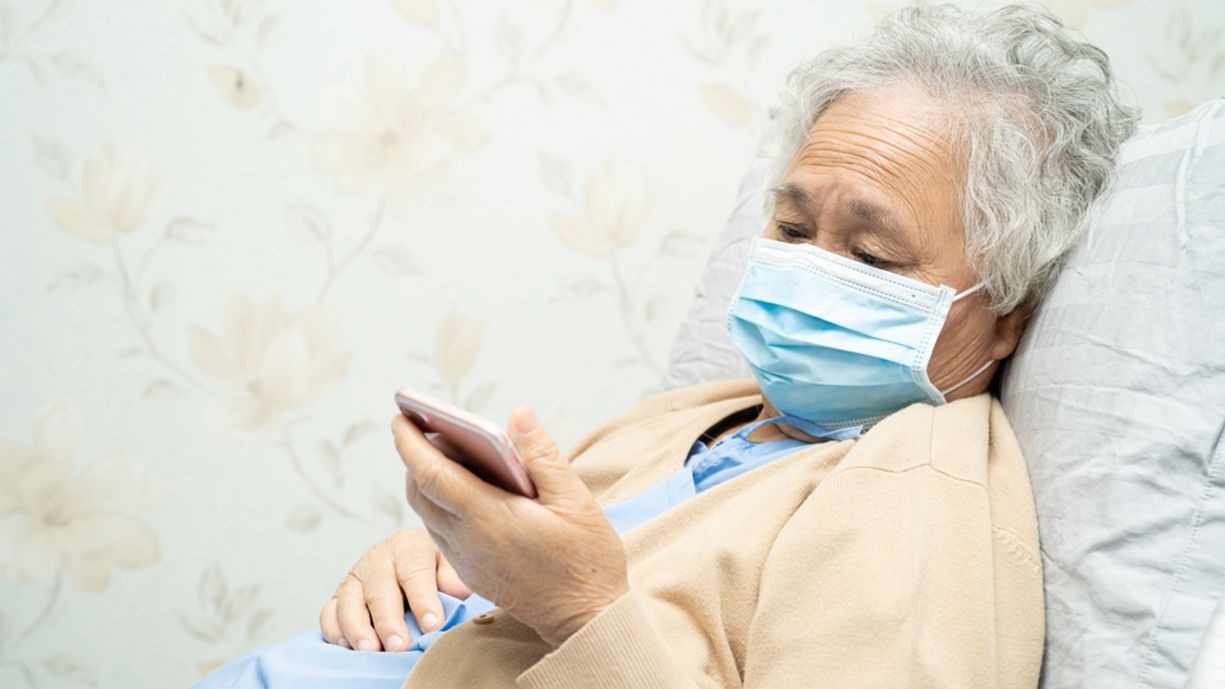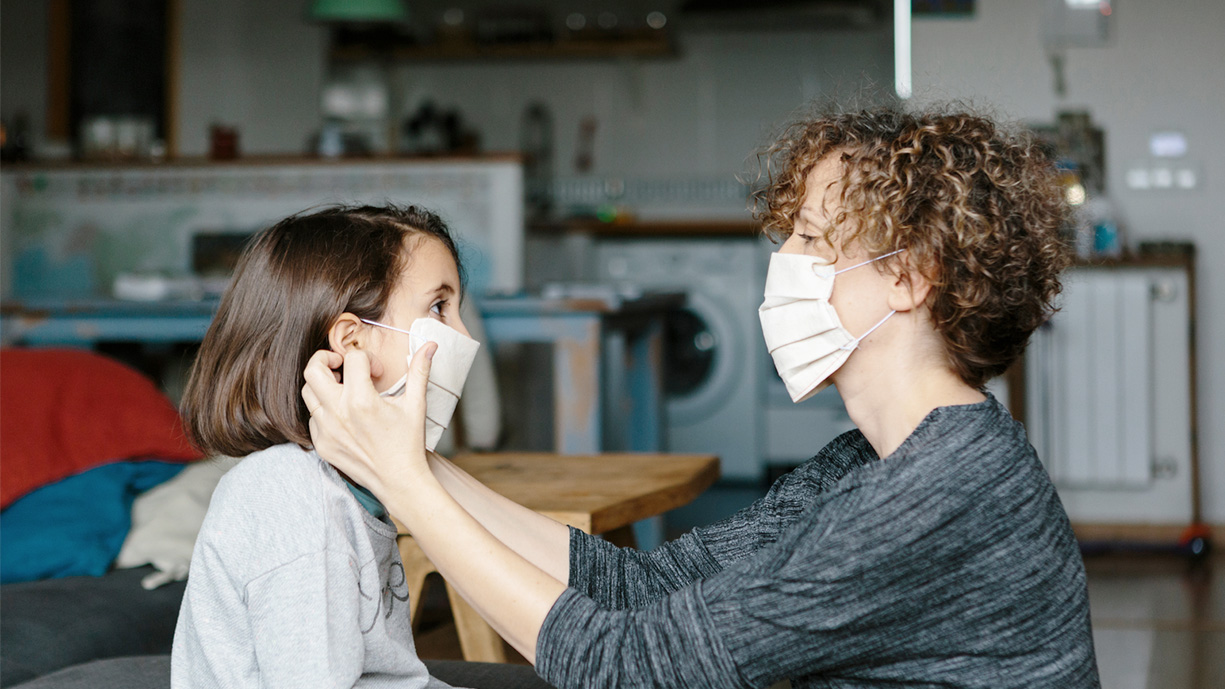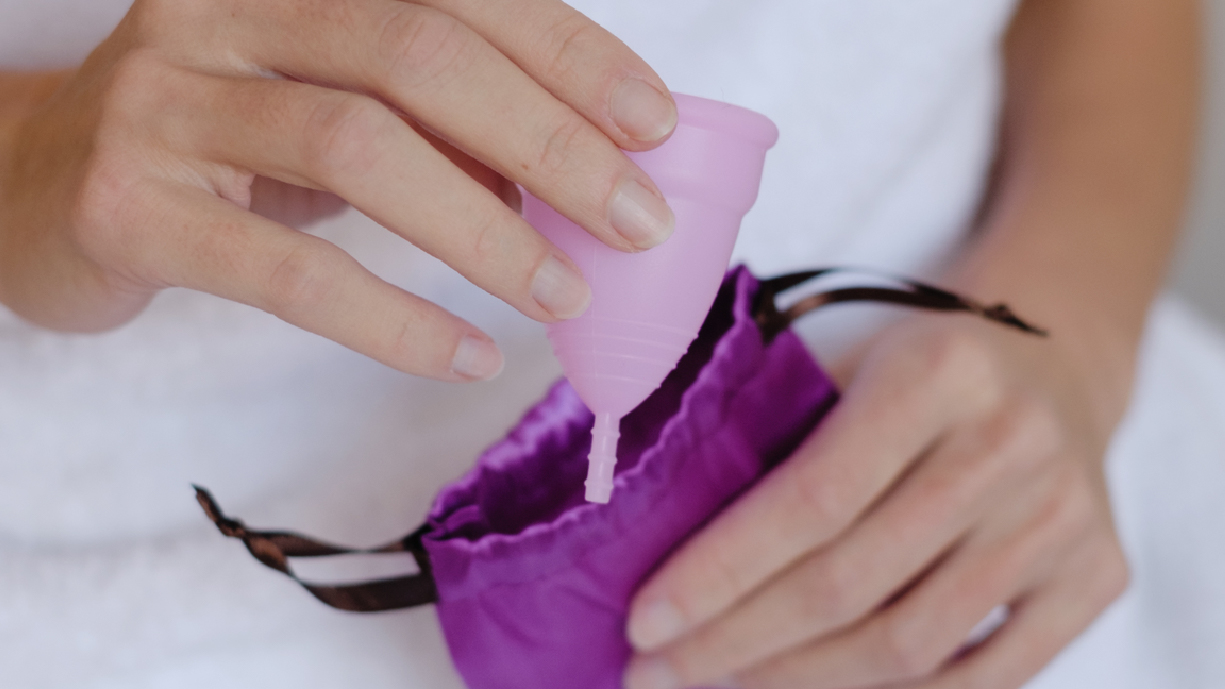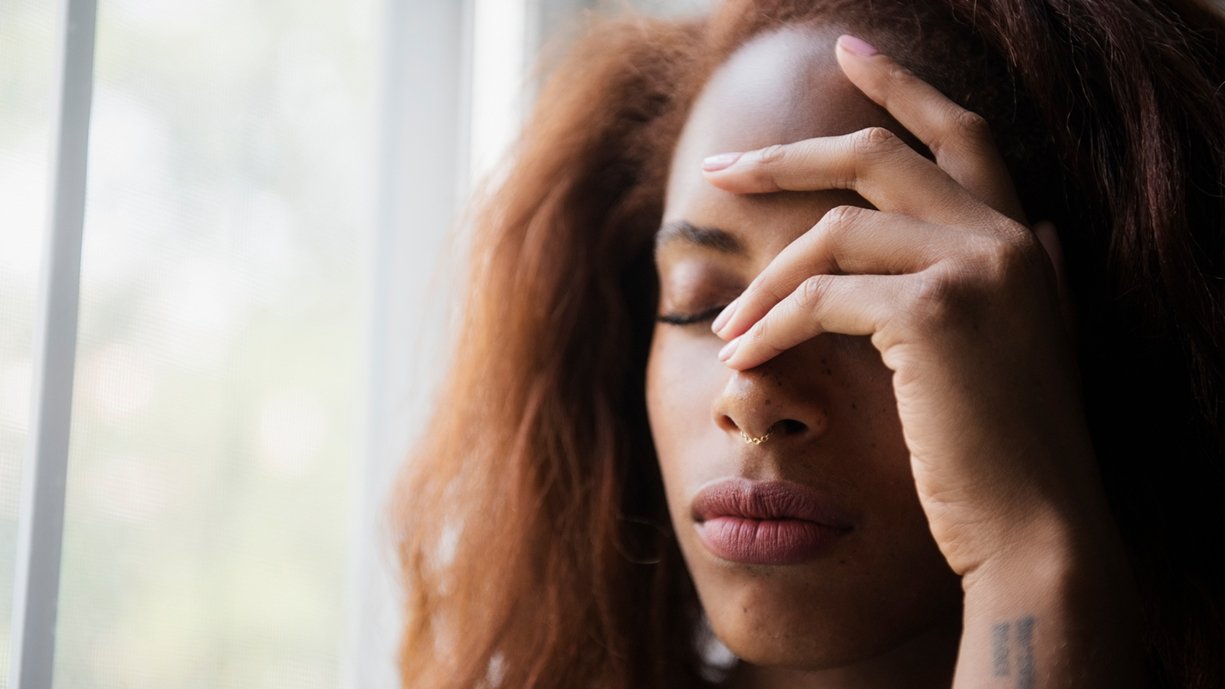Dr. Henning is a senior physician at a clinic for geriatric medicine. His patients are generally between 70 and 100 years old, and most were transferred from other hospitals after receiving treatment for an acute problem. They usually require inpatient rehabilitation for two to three weeks to continue treatment, regain independence, and evaluate if further care is necessary. This evaluation determines when they can return home and if they need long-term assistance such as care in a nursing home. Dr. Henning sheds light on what the coronavirus pandemic is like for older people.
What it means to get old
“Our patients are dealing with several diseases and diagnoses at the same time. For example, one patient who underwent surgery for a broken hip also has diabetes, high blood pressure, heart failure, cognitive impairment, and a condition that affects his ability to walk.”
Doctors who specialize in treating older patients need to be able to maintain a clear overview and see where each disorder fits into the overall picture. At the same time, older patients have amassed a wealth of experience that can help them cope with new illnesses.
“Older patients are more susceptible to complications and need more time to recover from procedures. These patients are in the hospital often. Many have survived four chronic diseases plus one or two tumors. They have been through major operations and live with conditions that require long-term treatment. All of them take several medications that help them go about their daily lives.”
Even with a lifetime of experience, the elderly face new emotional challenges as they grow older. Doctors can help here too.
“I would say that 20 to 30 percent of our patients struggle with loneliness and depression. A similar amount show cognitive impairments such as dementia. Such conditions compromise orientation and judgment. These patients can no longer reflect on or make decisions about important things.
This is a big problem because there are very important decisions to be made. How intensive should treatment be? Should life-prolonging measures be taken if needed? How long do we try to cure a disease before resolving to just relieve symptoms?”
Geriatric medical care is much more than treating symptoms alone. When a patient is admitted to a clinic, it’s a tremendous opportunity for the medical team to figure out what could help an elderly person continue to manage and enjoy life.
“Loneliness is another big problem for older people, even without taking coronavirus into consideration. Many of their friends and acquaintances have already passed away. We see an astonishing number of people who just don’t have anyone.”
Organizing help at home, care services, and neighborhood contacts can make a big difference in these cases.
“The second wave hit us hard.”
“We had our first patients with coronavirus at the end of September. The virus spread quickly throughout the clinic, infecting patients and staff. We don’t know where it started, but we’re certain that patients were infected by both fellow patients and employees.
We adapted our hygiene procedures several times and set up a special isolation ward. It was soon full of patients who tested positive for coronavirus. Some were seriously ill. We were shocked by how chaotic and out of control the situation became. It was impossible to control things. All you could do was react. It pushed us to our limits as a hospital.”
It’s easy to recognize when the situation becomes out of control in a hospital. Only well-organized procedures can help the team prevent collapse and compensate for shortfalls.
“The entire staff fell ill at the same time – psychologists, therapists, doctors, and nurses in particular. It really had an impact on our team. Since then, we’ve continuously had new cases among patients and staff.
It has been extremely difficult. We’ve had staff shortages. Patients were grouped by their COVID-19 status. Any patients with symptoms had to be isolated immediately. Nurses had to work the whole day wearing gloves, impermeable gowns, FFP-2 masks, and protective goggles while caring for patients who are sometimes completely immobile. That’s heavy physical work. Not to mention the constant fear of falling ill themselves.
Some employees who already had COVID-19 are still not fully fit and get tired quickly.”
Fortunately, an increasing number of team members have returned to full health, which has also helped to allay anxiety among the staff.
Testing positive for coronavirus in old age
“It’s remarkable how much the severity of the disease can vary, even in older people. Some patients only have mild symptoms. Quite a few end up in palliative care because they are seriously ill and don’t want to be transferred to the ICU. Many die from COVID-19 in our hospital.
We now know that things start to get worse four to six days after infection. This typically comes hand in hand with high fever and a drop in blood oxygen levels. We’ve seen this quite often. There have also been patients who were ill for a very long time. Some of them recovered.”
All patients in geriatric care belong to a risk group for COVID-19, making it all the more impressive when they fight back against the odds.
“One patient in her late 80s survived a heart attack and a severe case of bacterial diarrhea while she was sick with COVID-19. She overcame it all and was able to leave the hospital.
Another 90-year-old woman battled COVID-19 alone at home. She was admitted to our clinic, because she was too weak to eat or even stand up. Before she was discharged, I saw her dashing around the ward with her walker at an impressive pace. She didn’t even need home nursing care. So there are also cases like that too.”
Situations like these show how rehabilitation can literally help the elderly get back on their own two feet.
“Some patients who have low oxygen levels do not wish to go to the ICU for ventilation. In these cases, we can only offer ways to alleviate their symptoms – oxygen, morphine, and sedatives – and make sure they receive emotional support. We’re used to providing palliative care, but these situations are now occurring much more frequently due to the pandemic. It takes an emotional toll on staff.”
The number one rule is always the same: No patient has to suffer. Doctors at the clinic do everything they can to alleviate any end-of-life discomfort in these cases.
“Patients understand the importance of coronavirus measures, but are negatively affected nonetheless.”
“It distresses me very much when patients get infected in our clinic and die as a result. No matter how many precautionary steps we take, there’s always an increased risk of infection in a facility like ours.”
For this reason, doctors always regularly evaluate patients to determine if they can be successfully treated at home during the pandemic.
“It seems the patients are much less worried about getting infected than staff members. Relatives are often worried about their parents and grandparents as well. The patients themselves, on the other hand, usually take the news that they have COVID-19 rather calmly. The biggest problem for them has been restrictions on visitors.
The pandemic has made it much harder for them to stay in contact with their relatives. Cognitively impaired patients in particular have a hard time with telephone calls and other media. For them, visits are an important way to keep in touch with their lives and relationships. They really miss having visitors.”
These restrictions on social contact represent one of the greatest challenges of the pandemic. Social interaction benefits both sides. Relatives feel much better when they see their parents or grandparents are not as afraid as they expected. The staff does its best to facilitate communication by digital means.
“We make exceptions to the visitation ban for dying patients near the end of life and for severely confused patients – for example, patients with dementia – who rely on contact with relatives and friends.
We always clarify the issue of life-prolonging measures as early as possible and while patients are still well. Some patients are unable or unwilling to decide this for themselves. Then we ask relatives whether a power of attorney for healthcare has been granted.”
The geriatric clinic finds itself in an exceptional situation due to the pandemic, and it’s essential to handle difficult moments professionally. Fortunately, the entire team has a wealth of experience in this area.
Starting over after 67 years of marriage
“A patient and his wife of 67 years both became ill shortly before Christmas. They tested positive for coronavirus and were accommodated in a hospital with a shared room. His wife didn’t make it. In her final moments, she drifted off to sleep in his arms.
The man survived COVID-19 at the age of 92 and is now with us for rehabilitation. He expressed his gratitude for the treatment and wants to go home afterwards, even though everything is very hard for him now.”
The emotional toll is severe, both for patients and for those treating them. But there’s a light at the end of the tunnel.
“I’m impressed by how well we have come together as a team to face all of the challenges. It’s really something positive. Nobody knows how the situation is going to change in the coming weeks and months. We want to prevent things from getting worse. But we also see how far we’ve come as a team and how we were able to help our patients in even the most difficult situations.”
This report from a geriatric clinic shows how important it is to work together during the pandemic. While some things are difficult, many things remain possible. Each of us can help our older relatives discuss options with their doctors and stay in contact by phone or other means.
Author’s note: At his request, the doctor’s name was changed to protect his anonymity and that of his patients. His report represents the actual situation.
The contents of this article reflect the current scientific status at the time of publication and were written to the best of our knowledge. Nevertheless, the article does not replace medical advice and diagnosis. If you have any questions, consult your general practitioner.






